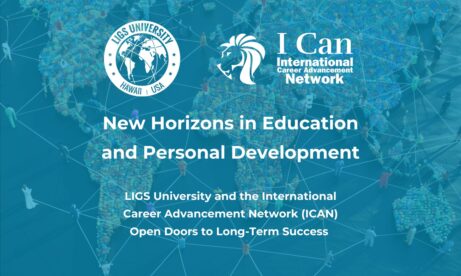
Individual Differences and Work Behavior
That people differ from each other is obvious. How and why they differ is less clear and is the subject of the study of Individual differences (IDs). Although to study individual differences seems to be to study variance, how are people different, it is also to study central tendency, how well can a person be described in terms of an overall within-person average. Indeed, perhaps the most important question of individual differences is whether people are more similar to themselves over time and across situations than they are to others and whether the variation within a single person across time and situation is less than the variation between people. A related question is that of similarity, for people differ in their similarities to each other. Questions of whether particular groups (e.g., groupings by sex, culture, age, or ethnicity) are more similar within than between groups are also questions of individual differences.
Personality psychology addresses the questions of shared human nature, dimensions of individual differences and unique patterns of individuals. Research in IDs ranges from analyses of genetic codes to the study of sexual, social, ethnic, and cultural differences and includes research on cognitive abilities, interpersonal styles, and emotional reactivity. Methods range from laboratory experiments to longitudinal field studies and include data reduction techniques such as Factor Analysis and Principal Components Analysis, as well as Structural Modeling and Multi-Level Modeling procedures. Measurement issues of most importance are those of reliability and stability of Individual Differences. In today’s competitive business environment, individuals want to think of themselves as indispensable to the success of an organization. Because an individual’s perception that he or she is the most important person on a team can get in the way, Kawasaki maintains that many people would rather see a company fail than thrive without them. He advises that we must begin to move past this and to see the value that different perceptions and values can bring to a company, and the goal of any individual should be to make the organization that one works for stronger and more dynamic. Under this type of thinking, leaving a company in better shape than one found it becomes a source of pride. Kawasaki has had many different roles in his professional career and as a result realized that while different perceptions and attitudes might make the implementation of new protocol difficult, this same diversity is what makes an organization more valuable. Some managers fear diversity and the possible complexities that it brings, and they make the mistake of hiring similar individuals without any sort of differences. When it comes to hiring, Kawasaki believes that the initial round of interviews for new hires should be held over the phone. Because first impressions are so important, this ensures that external influences, negative or positive, are not part of the decision-making process.
 Many people come out of business school believing that if they have a solid financial understanding, then they will be a successful and appropriate leader and manager. Kawasaki has learned that mathematics and finance are the “easy” part of any job. He observes that the true challenge comes in trying to effectively manage people. With the benefit of hindsight, Kawasaki regrets the choices he made in college, saying, “I should have taken organizational behavior and social psychology” to be better prepared for the individual nuances of people. He also believes that working hard is a key to success and those individuals who learn how to learn are the most effective over time.
Many people come out of business school believing that if they have a solid financial understanding, then they will be a successful and appropriate leader and manager. Kawasaki has learned that mathematics and finance are the “easy” part of any job. He observes that the true challenge comes in trying to effectively manage people. With the benefit of hindsight, Kawasaki regrets the choices he made in college, saying, “I should have taken organizational behavior and social psychology” to be better prepared for the individual nuances of people. He also believes that working hard is a key to success and those individuals who learn how to learn are the most effective over time.
If nothing else, Guy Kawasaki provides simple words of wisdom to remember when starting off on a new career path: do not become blindsided by your mistakes, but rather take them as a lesson of what not to do. And most important, pursue joy and challenge your personal assumptions.
Author: Amr Sukkar, lecturer at LIGS University
This publication was created upon the basis of our open webinar:



